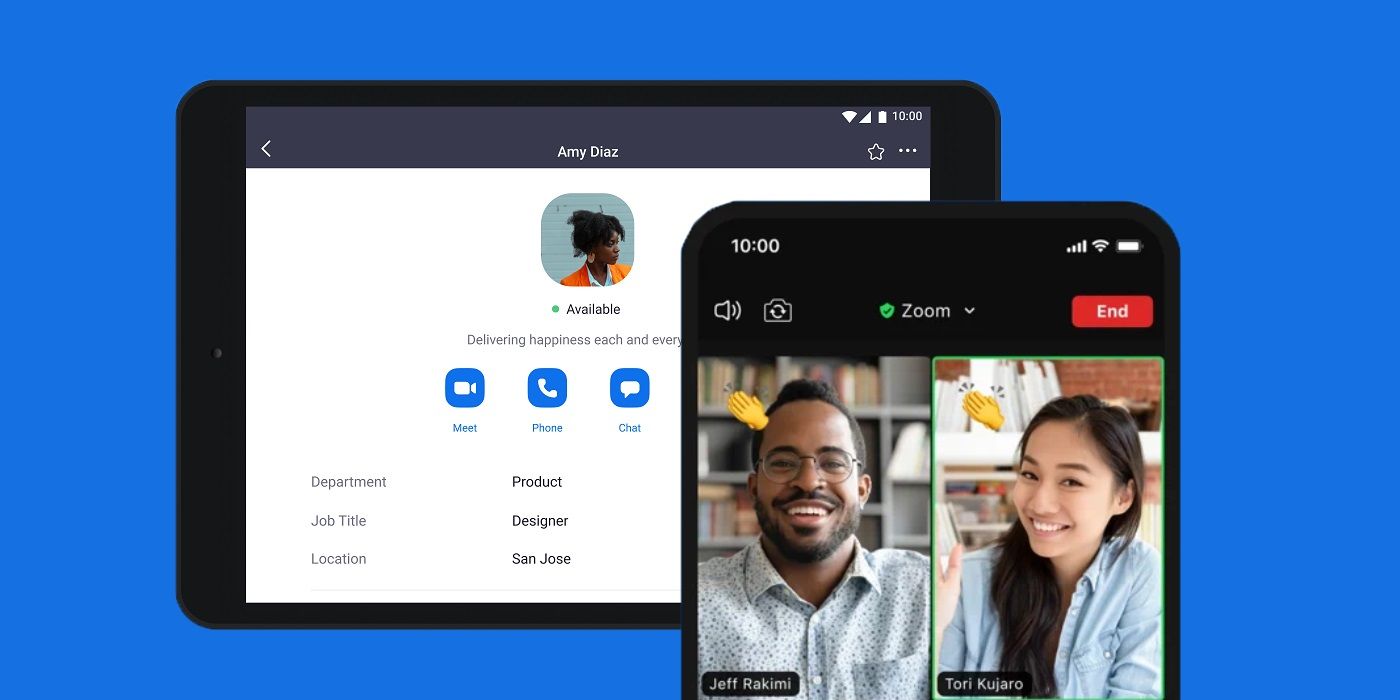Hackers Targeting Digitally Connected Consumers This Tax Season
Consumers’ Digital-First Lifestyle Opens Them to Potential Risks
Consumers have faced a lot of change over the past year with the shift to a digital-first lifestyle, and tax season is no exception. McAfee’s 2021 Consumer Security Mindset study revealed that while roughly 2 out of 3 Americans (63%) plan to do their taxes online in 2021, 12% of Americans will be doing them online for the first time. With the increase in activities online, consumers are potentially exposed to more digital risks and threats, and it is crucial that they understand how to stay safe online.
According to the IRS, Criminal Investigation identified $2.3 billion in tax fraud schemes during FY2020. Hackers target tax payers every year, but the increase in online filings due to COVID-19 in 2020 presented an even greater opportunity, as scams related to coronavirus tax relief such as Economic Impact Payments, have now earned a spot on the IRS “Dirty Dozen” tax scam list. Also relatively new to the list are social media attacks – thanks to the rapid development and adoption of social media platforms in recent years. Social media attacks involve scammers harvesting information from social media profiles, then using that data to impersonate someone you know to gain access to accounts, funds and more.
Other common attacks include email phishing attacks, phone calls posing as IRS agents, and robocalls that threaten jail time. Taking advantage of the current environment, many phishing attacks are now leveraging keywords such as “coronavirus,” “COVID-19” and “stimulus.” Additional tax scams can be harder to spot, such as when a hacker secures someone else’s Social Security number (SSN) and begins exploiting this sensitive information on the dark web and facilitating fraudulent tax returns. The IRS has warned about scams related to SSN, where scammers claim to be able to suspend or cancel the victim’s SSN, hoping that fear will get consumers to return robocall voicemails.
Consumers can do their part this tax season to protect their personal information and keep their finances secure:
-
Beware of phishing attempts. Phishing is a common tactic hackers leverage during tax season, so double-check…


